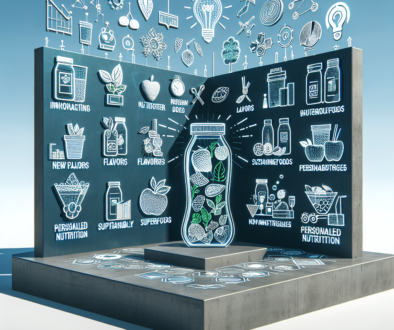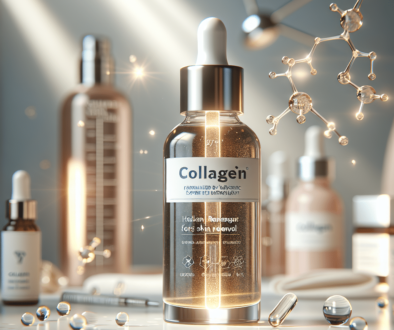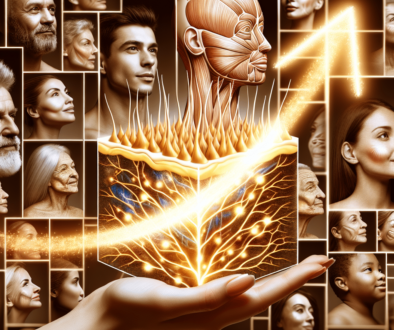Effects Of Treadmill Exercise At Different Intensities On Type Ii Collagen Fibers In Rat Knee Joint Cartilage
Keywords
Articular Cartilage Type ¢ò Collagen Fiber Treadmill Training Leucine Repeat-Rich Small Molecule Proteoglycan Cartilage Type ¢ò Collagen Treadmill Running Slrps
Abstract
Objective To explore the effects of treadmill training at different intensities on the morphology and gene expression of collagen fibers in rat knee joint cartilage. Methods 48 male SD adult rats were divided into control group, low-intensity exercise group, medium-intensity exercise group and high-intensity exercise group using random number table method. Rats in the three exercise groups performed low-, medium-, and high-intensity treadmill exercise respectively. All experimental animals were sacrificed 8 weeks after the experiment, and knee joint cartilage specimens were taken for Sirius red-saturated picric acid staining to observe the arrangement of collagen fibers, and immunohistochemistry was used to detect the content of type II collagen (Col2); in addition, this study also used real-time Fluorescence quantitative reverse transcription polymerase chain reaction was used to detect cartilage biglycan (BGN), fibromodulin (FMOD) and type ¢ò collagen (Col2) mRNA expression. Results In the control group, the collagen fibers of the knee joint cartilage were arranged regularly; there were significant differences between the low- and medium-intensity exercise groups and the control group; in the high-intensity exercise group, the collagen was irregularly arranged and the number of fine fibers increased; in the high-intensity exercise group, the type II collagen content was significantly lower than that in the control group. Control group. Compared with the control group, the expression of Col2 mRNA in chondrocytes in the low-intensity exercise group was significantly increased, and the expression of BGN mRNA in the high-intensity exercise group was significantly increased. Conclusion Low- and medium-intensity exercise can help maintain the normal structure and function of articular cartilage; high-intensity exercise can promote the reduction and disorder of type II collagen fibers in articular cartilage, but cartilage self-repair may also occur at the same time. Objective To investigate the effect of treadmill running with different intensities on type¢òcollagen (Col2) of knee joint articular cartilages in rats. MethodsA total of 48 adult Sprague-Dawley rats were randomly divided into a control (C) group, a low-intensity exercise ( L) group, a moderate- intensity exercise (M) group and a high-intensity exercise (H) group, each of 12. Rats in three exercises groups were regularly trained on treadmill at low, moderate, and high intensities respectively. Eight weeks later, all the animals were sacrificed. The right tibial plateau samples were collected to observe collagen fibers under polarizing light microscopy, and the collagenII content were examined using immunohistochemistry. The mRNA expression of biglycan (BGN), fibromodulin (FMOD) and Col2 was tested using the quantitative real-time reverse transcription-polymerase chain reaction. ResultsCompared with group C, collagen fibers in group L and M exhibited almost the same organization, whereas, alteration in organization and shape of collagen fibers was found in group H. Significantly lower content of type ¢ò collagen was found in group H than that in group C. In comparison with group C, group L had significantly higher gene expression of Col2, whereas group H had significantly higher BGN mRNA expression. ConclusionLow- or moderate-intensity treadmill running appears to have beneficial effect on articular cartilages to maintain its integrity. High-intensity exercises induce lower content and disorder of type II collagen in articular cartilages, but the self-healing of cartilage may still exist
For further information of this article and research, feel free to contact our team for asssitance.
Original research was done by Zhou Yuezhu, Lei Lei, Liu Shengyao, Ni Guoxin
About ETChem
ETChem, a reputable Chinese Collagen factory manufacturer and supplier, is renowned for producing, stocking, exporting, and delivering the highest quality collagens. They include marine collagen, fish collagen, bovine collagen, chicken collagen, type I collagen, type II collagen and type III collagen etc. Their offerings, characterized by a neutral taste, and instant solubility attributes, cater to a diverse range of industries. They serve nutraceutical, pharmaceutical, cosmeceutical, veterinary, as well as food and beverage finished product distributors, traders, and manufacturers across Europe, USA, Canada, Australia, Thailand, Japan, Korea, Brazil, and Chile, among others.
ETChem specialization includes exporting and delivering tailor-made collagen powder and finished collagen nutritional supplements. Their extensive product range covers sectors like Food and Beverage, Sports Nutrition, Weight Management, Dietary Supplements, Health and Wellness Products, ensuring comprehensive solutions to meet all your protein needs.
As a trusted company by leading global food and beverage brands and Fortune 500 companies, ETChem reinforces China’s reputation in the global arena. For more information or to sample their products, please contact them and email karen(at)et-chem.com today.



